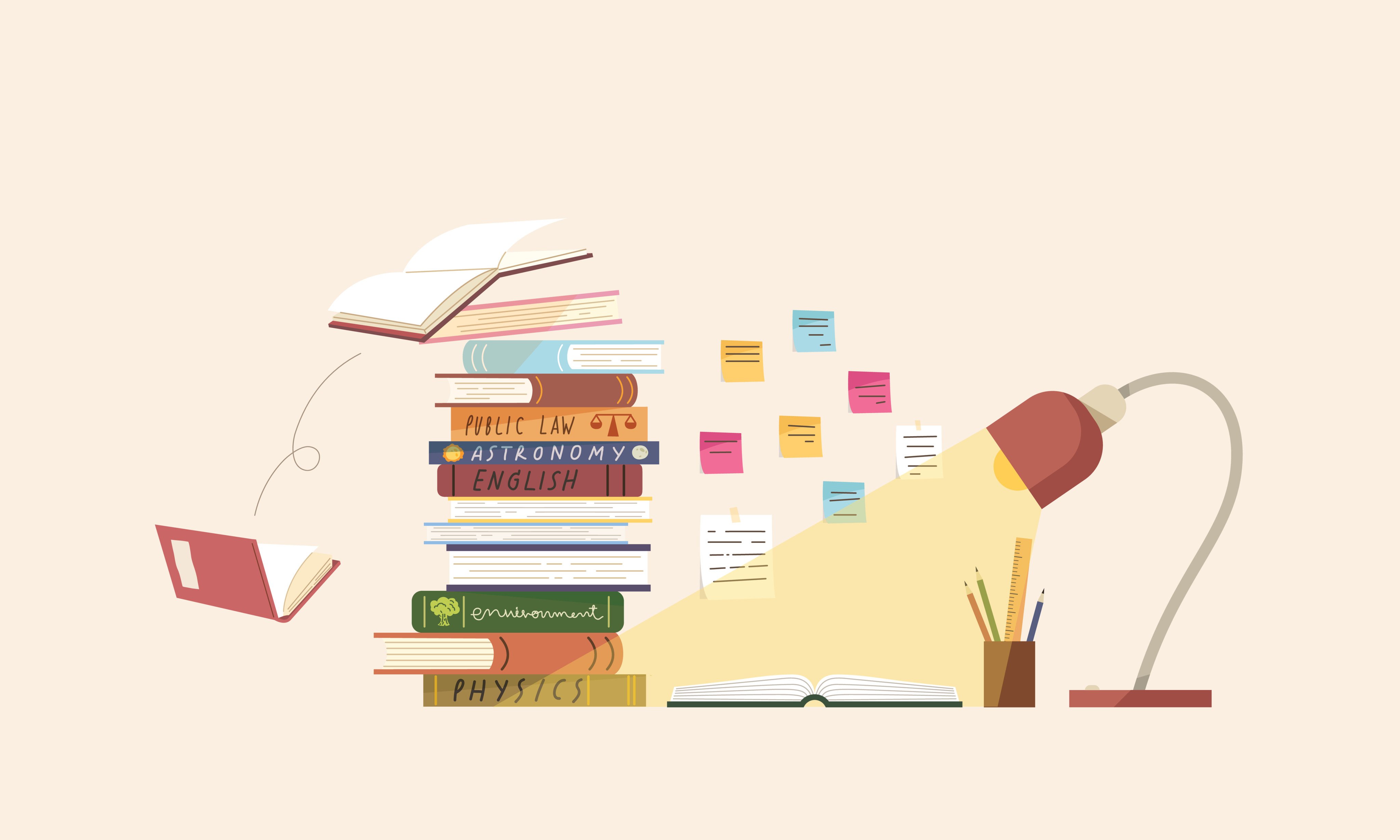Exams can be stressful, especially for students in boarding schools where independent learning plays a crucial role. Mastering the right study tips for exams can make a significant difference in academic performance.
With proper planning, effective strategies, and self-discipline, students in girls boarding schools in India can excel in their studies and achieve outstanding results.
Among the top Girls schools in Dehradun, students are encouraged to adopt well-structured study habits to manage their time efficiently and perform their best in exams. Following proven study techniques can help improve concentration, memory retention, and overall understanding of subjects.
Developing a strong foundation in time management, self-discipline, and stress management can lead to long-term academic success and better preparation for future challenges. Let’s have a look at the most effective study tips for exams.
10 Effective Study Tips for Exams

1. Create a Study Schedule and Stick to It
Having a well-organized study schedule helps maintain consistency and reduces last-minute stress. Allocate time for each subject based on difficulty level and syllabus weightage.
Consistency in following the schedule ensures better retention of concepts. Additionally, setting daily or weekly goals can make the study process more structured and manageable. Using planners or digital apps to track progress can help maintain accountability and motivation.
2. Understand Concepts Instead of Rote Learning
Memorizing information without understanding can lead to difficulties in applying knowledge during exams. Focus on grasping the core concepts, which makes recalling information easier and enhances problem-solving skills.
Breaking complex topics into smaller parts and relating them to real-life examples can further improve understanding.
This approach is particularly helpful in subjects like Mathematics and Science, where conceptual clarity is essential for solving problems effectively.
3. Make Use of Active Learning Techniques
Passive reading is not enough. Instead, engage in active learning techniques such as:
- Summarizing topics in your own words
- Teaching a peer what you’ve learned
- Using mind maps and flashcards for quick revision
- Engaging in group discussions to enhance understanding
Practicing self-quizzing or taking short tests can also help reinforce learning and identify weak areas that need improvement.
4. Find a Distraction-Free Study Environment
A calm and focused study space is essential for effective learning. Choose a quiet place, keep your study materials organized, and eliminate distractions like mobile phones and social media notifications.
A well-lit, clutter-free environment can enhance concentration and make studying more efficient. It may also be helpful to set specific time slots for studying and relaxation to maintain a balanced routine.
5. Practice with Past Exam Papers

Solving previous years’ question papers helps familiarize you with the exam pattern, time management, and frequently asked questions. It also boosts confidence and reduces exam anxiety.
Analyzing mistakes and understanding where improvements are needed can refine exam-taking strategies. Timed mock exams can further enhance preparedness by simulating real exam conditions.
6. Take Regular Breaks for Better Retention
Studying for long hours without breaks can lead to burnout and reduced productivity. Follow the Pomodoro Technique—study for 25–50 minutes and take a short 5–10 minute break to refresh your mind.
Longer breaks can be scheduled after completing major study sessions to prevent mental fatigue. Activities like stretching, listening to music, or taking a short walk during breaks can improve focus and energy levels.
7. Use Mnemonics and Memory Tricks
Memory-enhancing techniques such as mnemonics, acronyms, and rhymes make it easier to recall difficult information. Associating concepts with visuals or creating fun stories can improve retention.
Developing personalized memory aids tailored to individual learning styles can further enhance memorization. Repetition and visualization techniques also play a crucial role in reinforcing information.
8. Stay Physically Active and Get Enough Sleep
A healthy body supports a healthy mind. Regular physical activity like yoga, stretching, or a short walk helps relieve stress. Getting at least 7-8 hours of quality sleep ensures better cognitive function and concentration during studies.
Sleep plays a crucial role in memory consolidation, making it essential to maintain a proper sleep schedule, especially during exam preparation. It is considered as the most important among the study tips for exams.
9. Join Study Groups for Collaborative Learning

Studying with peers allows you to exchange ideas, clarify doubts, and gain new perspectives. Group discussions also help reinforce learning and make studying more interactive and engaging.
However, it is essential to ensure that study group sessions remain focused and productive. Assigning specific topics for discussion and setting clear objectives for each session can maximize learning outcomes.
10. Maintain a Positive Mindset and Reduce Stress
Exams can be overwhelming, but staying positive and believing in your abilities can boost confidence. Practice deep breathing exercises, meditation, or journaling to manage exam stress effectively.
Developing a routine that includes relaxation activities like reading, listening to music, or engaging in hobbies can help maintain mental well-being. Seeking support from teachers, mentors, or counselors when feeling overwhelmed can also be beneficial.
Conclusion
Implementing these study tips for exams can significantly improve academic performance and reduce exam-related stress for girls in boarding schools.
By following a disciplined approach, staying motivated, and using effective learning strategies, students can achieve their academic goals with ease. A well-balanced routine combining study, relaxation, and self-care is the key to excelling in exams.
Moreover, these study tips for exams not only prepare students for exams but also build a strong foundation for lifelong learning and success.
The ability to manage time effectively, stay disciplined, and maintain a positive attitude towards learning will prove beneficial beyond school life, setting students on a path toward achieving their career and personal aspirations.


